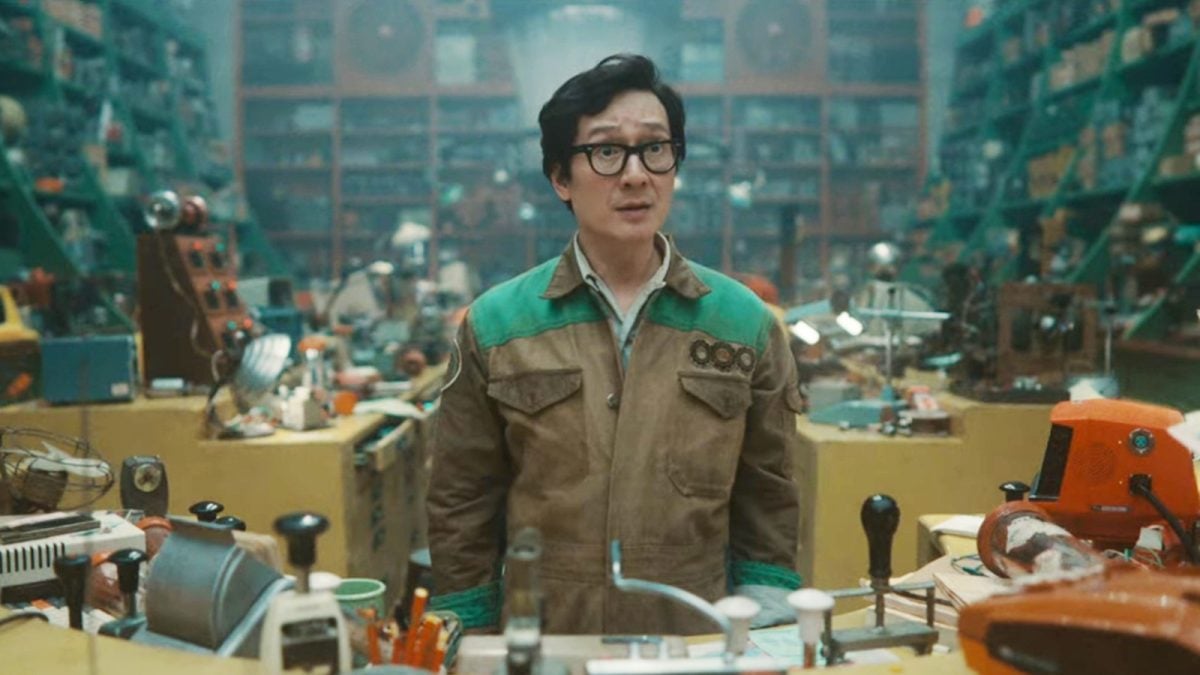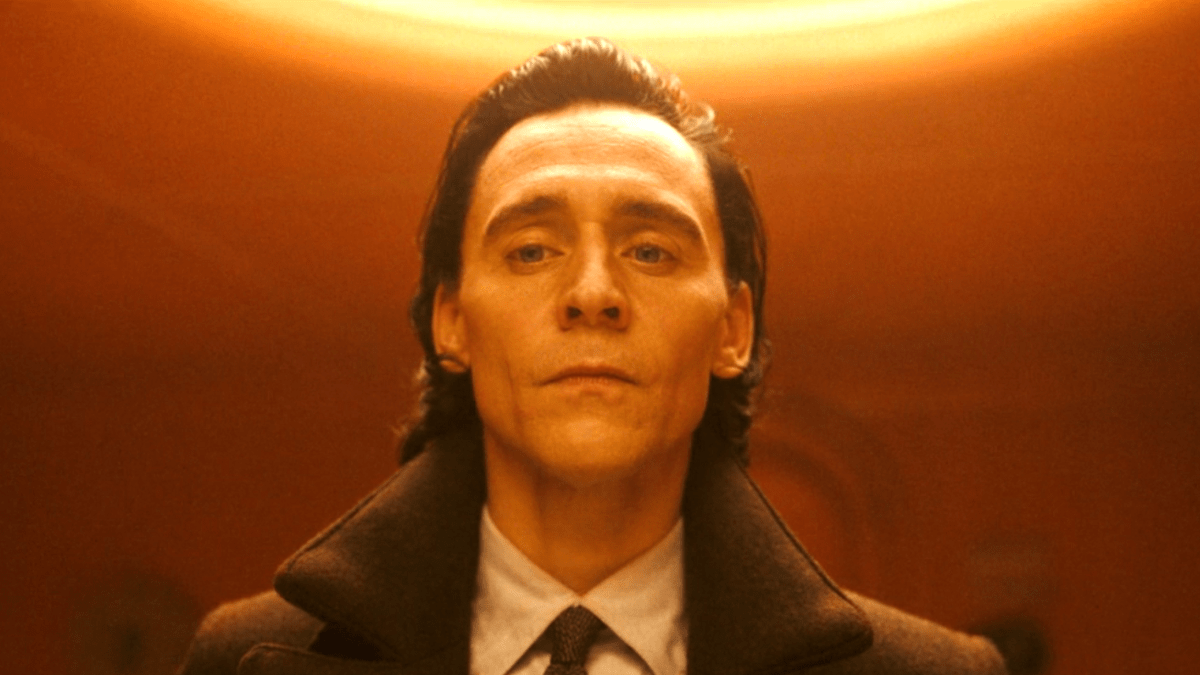Loki season 2 is all about the confusing nature of time travel, what with there being more paradoxes on display than you can shake a Time Stick at, but the biggest, messiest temporal problem we’re wondering while watching concerns the structure of the show itself.
Following a Timely jaunt to 1893 in episode 3, Loki season 2 is now half complete and you’d be forgiven for thinking that the show has hardly gotten going yet. Such a sensation is likely to leave you suffering from serious déjà vu to boot, considering that this is an all-too-common feeling at this stage in one of Marvel’s many six-part streaming series.
And yet, alongside needing to pick up the pace a little, the other most common complaint about the MCU’s TV offerings is that they’re too short and require more episodes. The two criticisms may sound antithetical, but actually they can both be true at the same time, thanks to problems with how the studio conceives and executes its streaming series.
The MCU’s TV series somehow feel like they need to be both shorter and longer

Loki season 2 is far from one of the weakest entries in the MCU’s small-screen catalog — in fact, we’re having a blast with it in many ways. That said, when you boil it down, there hasn’t been a whole lot of story to the run so far, especially when you consider that we’ve only got three more episodes to go. Partly this comes from the writers’ mentality going into this season, with producer Kevin Wright stressing that they decided to “live in the drama” and stop “fast-forwarding” through “the emotional turmoil.”
That’s all well and good, but it’s hardly a revolutionary practice for a Marvel Studios show to drag out its plot — the most egregious example is surely Secret Invasion, which left us wondering for weeks when its title was actually going to start making sense (spoilers: it never did). On the flip side, it’s easy to crave more episodes of Loki season 2, as a six-parter that sees the entire multiverse under threat and is fleshing out Kang (or rather one of his variants) more fully than Quantumania surely deserves as much space (and time) as it can get. Take the destruction of the branched timelines at the end of episode 2 — trillions of lives lost, more than even Thanos managed to kill — and the event was swiftly brushed over.
We think the problem rests in Marvel’s overall approach to these shows as extended, serialized movies rather than actual television productions — the stories are plotted like stretched-out feature-length narratives awkwardly compressed into episodic chunks. The result is bite-sized mouthfuls that somehow add up to less than the sum of their parts.
Thankfully, Marvel itself is waking up to these exact issues, as recent reports indicate the studio is looking to move away from miniseries and start embracing the long-form TV format, in addition to entrusting more creative control to its showrunners, which should hopefully save each season from feeling like just one corner of the cinematic universe spinning wheels.
There’s much to enjoy about Loki season 2, for sure, but it’s reminding us that, just like the TVA itself, a major restructuring is needed to rescue the MCU timeline.

